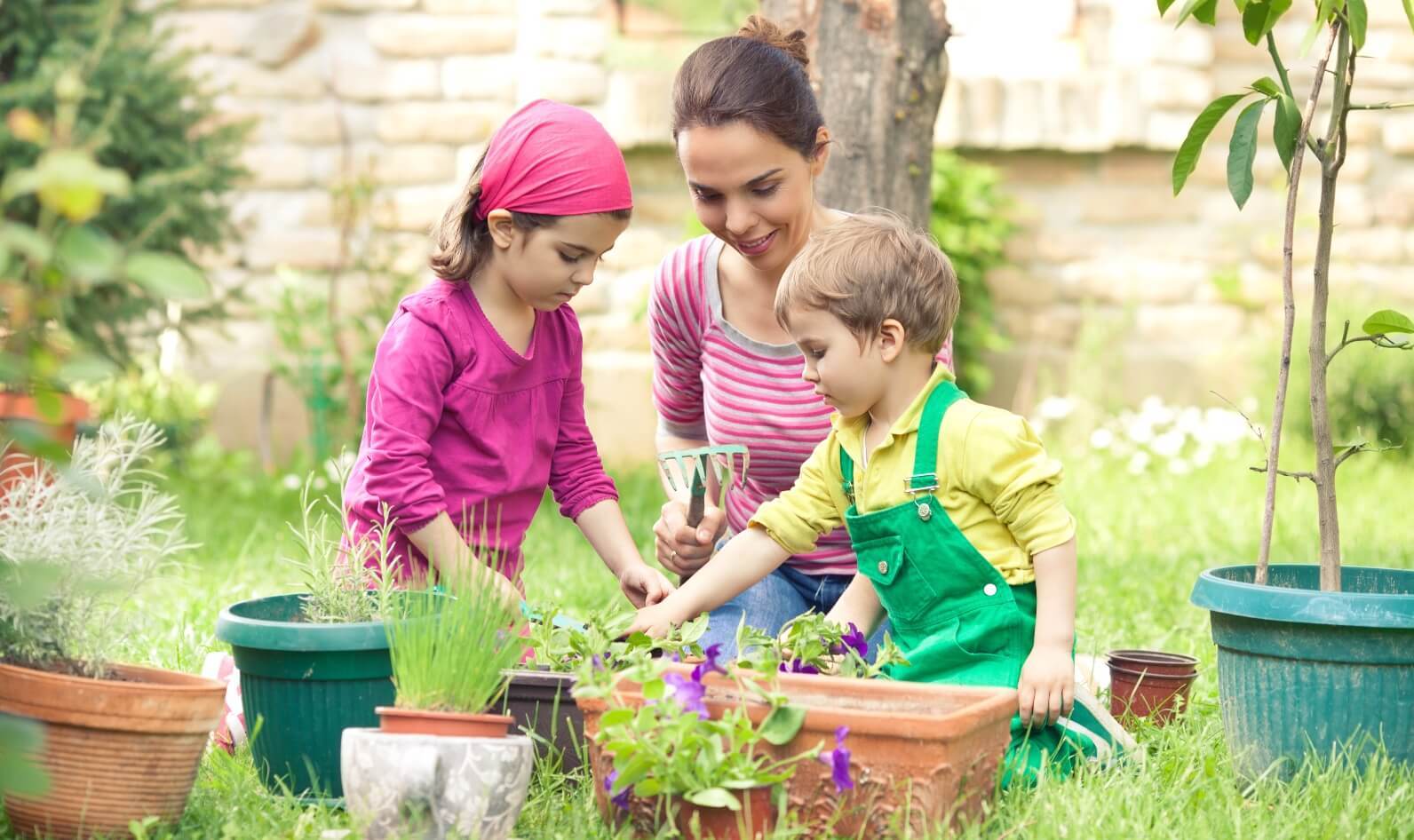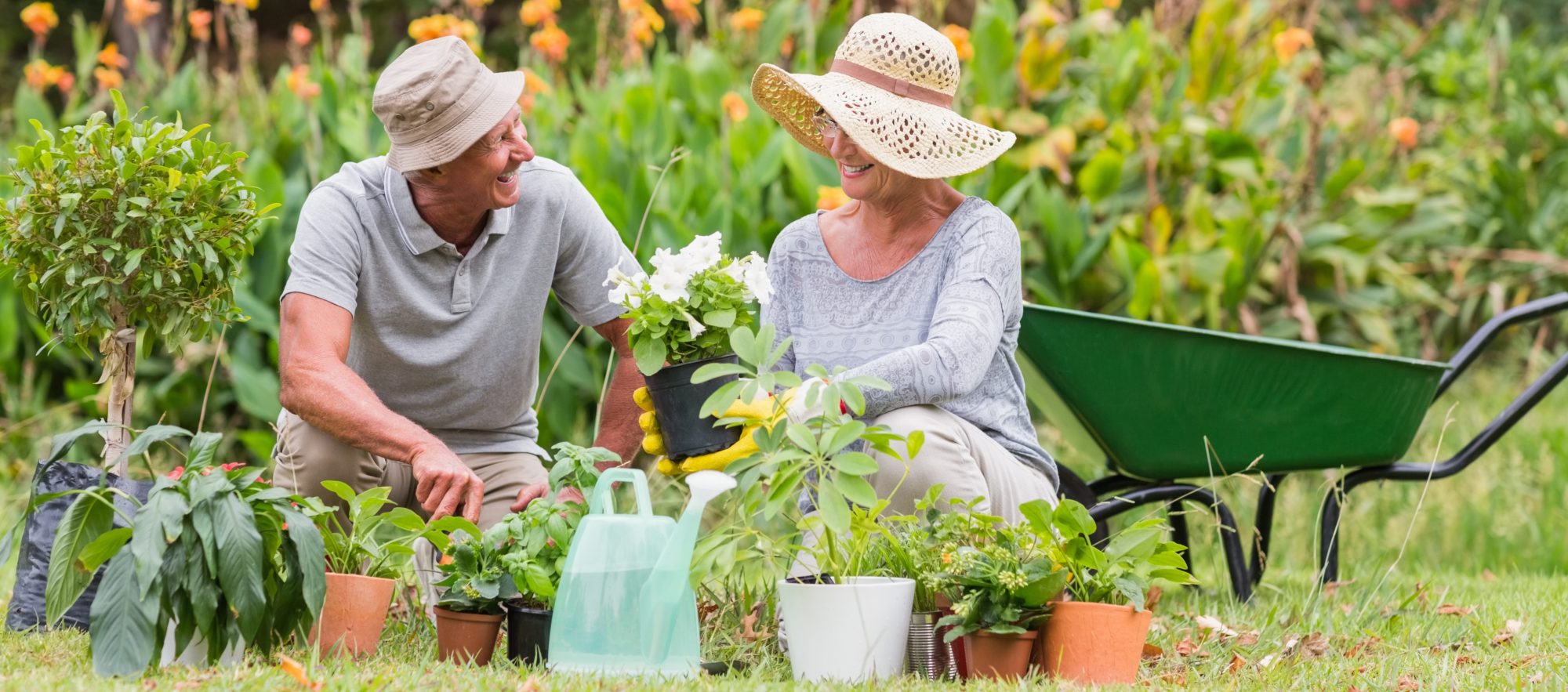Unlocking the Conveniences of Gardening: A Thorough Take A Look At the Different Types and Their Influence on Well-Being
Discovering the diverse benefits of gardening exposes a range of practices that significantly boost specific health. From veggie and natural herb yards to container and increased bed arrangements, each type uses distinct benefits that extend beyond simple cultivation. These activities not just foster physical health with active interaction however additionally add to mental health by relieving anxiety and motivating mindfulness. As we check out these varied gardening methods, it ends up being obvious that their effect can resonate on personal, social, and environmental degrees, prompting a closer take a look at just how these connections form a natural story of holistic health.
Kinds of Gardening

Flower horticulture, one more popular category, stresses the aesthetic appeal of grown flowers. This type can enhance landscapes and advertise biodiversity by bring in helpful pollinators. Natural herb horticulture includes expanding aromatic and cooking plants, adding both to cooking and natural solutions.
Container gardening offers versatility, allowing people with limited space to participate in horticulture by utilizing pots and planters. This method is especially prominent in metropolitan setups. Increased bed horticulture, on the various other hand, involves producing raised stories that enhance soil water drainage and accessibility, making it less complicated for gardeners to manage their plants.
Last but not least, community horticulture cultivates partnership among people in shared rooms, promoting social communication and cumulative duty. Each kind of horticulture offers distinctive purposes and provides to different choices, making horticulture a functional activity that can be customized to private requirements and environments.
Mental Wellness Advantages
Engaging in different kinds of gardening not only generates substantial incentives such as fresh fruit and vegetables and stunning flowers yet additionally supplies considerable mental health advantages. Research study shows that horticulture can be an effective device for lowering anxiety, anxiety, and depression. The act of often tending to plants and growing a yard fosters a sense of function and accomplishment, which can boost overall emotional well-being.
Moreover, gardening motivates mindfulness, as it requires people to concentrate on today minute, whether it be growing seeds or nurturing development. This mindfulness technique can lead to reduced rumination and boosted state of mind stability. The direct exposure to native environments throughout gardening has actually likewise been linked to boosted cognitive working and reduced feelings of tiredness.
Social communication plays a vital role in mental health and wellness, and area gardening initiatives offer chances for people to attach with others, cultivating a sense of belonging. The shared experience of horticulture can cultivate friendships and support networks, additionally bolstering emotional strength.
Physical Health Advantages
Several people might not realize that gardening also supplies substantial physical health benefits. Participating in horticulture tasks requires a variety of physical motions, including flexing, lifting, digging, and growing, which jointly add to improved toughness, flexibility, and endurance. These actions can improve cardiovascular wellness by promoting a raised heart rate, thereby minimizing the danger of heart condition.
Additionally, gardening can act as a moderate-intensity workout, aiding people achieve advised exercise degrees. Studies show that normal participation in horticulture can shed considerable calories-- around 200-400 calories per hour, relying on the intensity of the tasks performed. Such calorie expenditure is useful for weight monitoring and general metabolic health and wellness.
In addition, exposure to sunlight throughout horticulture can help with the synthesis of vitamin D, which plays a crucial function in keeping bone health and wellness and supporting immune feature. The act of horticulture frequently includes working with dirt, which has been linked to potential psychological and physical health and wellness advantages due to over here the visibility of beneficial microorganisms.
Social Links With Horticulture
The public aspects of gardening foster purposeful social connections among individuals. Area gardens, particularly, act as vibrant hubs where people from varied histories come with each other, growing not only plants but also relationships. These common spaces urge collaboration, browse around here enabling people to trade understanding, skills, and resources, thereby enhancing their gardening experience and fostering a feeling of belonging.
Engagement in gardening tasks usually causes the formation of relationships and assistance networks. Participants often join for typical goals, such as planting seasons, harvest events, or educational workshops, which reinforce social ties and create a feeling of area. Such communications can minimize feelings of isolation and boost psychological well-being, as individuals find companionship and friendship in shared undertakings.

Ecological Influence of Gardening
Horticulture significantly adds to environmental sustainability in several ways. One of the most noteworthy advantages is the improvement of biodiversity. Home yards supply vital habitats for various types, consisting of pollinators such as and butterflies, which are crucial for ecological community health. By cultivating varied plant species, garden enthusiasts can develop a well balanced atmosphere that sustains both plants and fauna.

Moreover, yards play a critical role in water preservation. Well-planned landscapes, consisting of indigenous plants and xeriscaping, decrease water use and prevent runoff, therefore shielding local rivers from contamination.
Final Thought

In conclusion, gardening functions as a multifaceted task that enhances well-being throughout various domains. The visit the site varied kinds of gardening-- including vegetable, blossom, herb, container, and raised bed-- contribute to mental and physical wellness, foster social links, and promote ecological sustainability. By engaging in horticulture methods, people can experience improved high quality of life while also sustaining neighborhood bonds and environmental wellness. Eventually, the alternative benefits of gardening underscore its value as a vital component in enhancing total wellness.